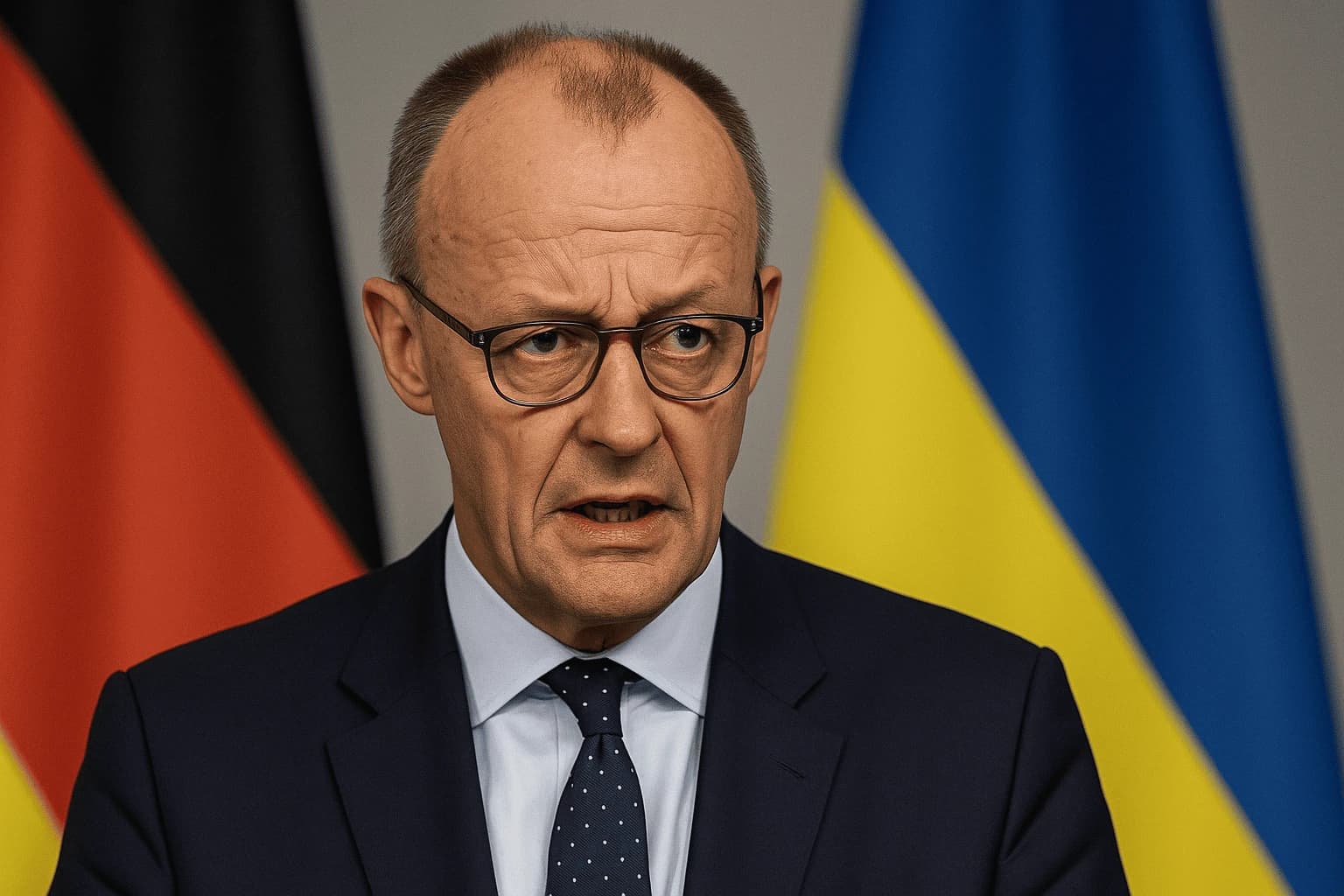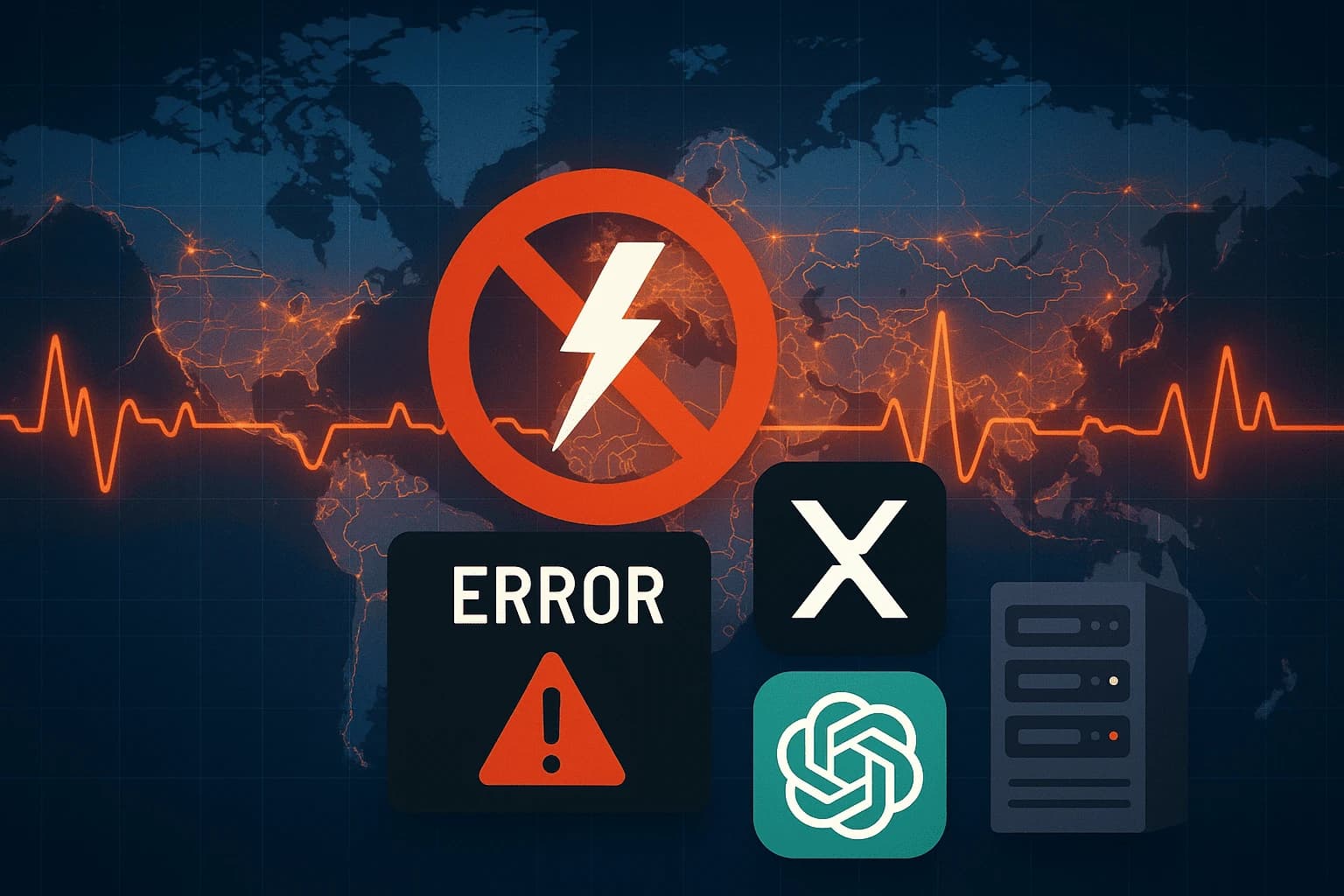
* All product/brand names, logos, and trademarks are property of their respective owners.
German Chancellor Friedrich Merz has issued a clear warning against any peace efforts in the Russia-Ukraine war that involve forcing Kyiv to make territorial or political concessions, calling such moves a threat to long-term European security.
In a televised interview with Germany’s ZDF on Sunday, Merz said,
“We are trying to end it [the war] as quickly as possible. But certainly not at the price of Ukraine’s capitulation.”
His comments come amid ongoing international discussions over the feasibility of peace talks between Russia and Ukraine.
Merz argued that pushing Ukraine into a compromised peace agreement could embolden further aggression from Moscow and threaten the broader European order.
“Then the day after tomorrow it will be us,”
he warned, stressing that Europe must stand firm in support of Ukraine’s sovereignty and territorial integrity.
The Chancellor’s remarks reflect growing concern within the European Union and NATO about potential “peace-at-any-cost” strategies that could undermine Ukraine’s resistance and set a dangerous precedent for international conflict resolution. Several European leaders have echoed Merz’s position, stating that any deal must be just, not merely expedient.
Analysts have warned that a peace agreement involving territorial concessions could encourage future military action by authoritarian states. Critics argue that accepting such terms would not end the war, but merely delay future conflicts while rewarding the initial aggressor.
The Kremlin has maintained its demand for recognition of control over annexed Ukrainian territories, a condition Ukraine has firmly rejected. Ukrainian President Volodymyr Zelenskyy continues to advocate for his 10-point peace plan, which includes the full restoration of Ukraine’s borders, security guarantees, and accountability for war crimes.
Germany has emerged as a key player in supporting Ukraine, both militarily and diplomatically. Berlin has supplied tanks, training, and financial aid, while also coordinating EU efforts to maintain sanctions on Russia.
Officials in neighboring Poland and the Baltic states have welcomed Merz’s remarks, viewing them as a necessary affirmation of NATO’s commitment to collective defense.
Lithuanian Foreign Minister Gabrielius Landsbergis stated on X (formerly Twitter):
“Peace built on compromise with a war criminal is not peace — it is surrender.”
Observers note that how the West handles the outcome of the Ukraine war may have implications far beyond Europe. A compromised peace could influence international norms regarding sovereignty and embolden countries like China in contested regions such as the South China Sea or Taiwan.
The United Nations and several neutral countries have urged both parties to return to the negotiating table, but no concrete progress has been made in recent months.
For now, Chancellor Merz’s comments underline a clear message from Germany: peace cannot come at the cost of justice, sovereignty, or long-term stability.

22 November 2025

18 November 2025
No comments yet. Be the first to comment!